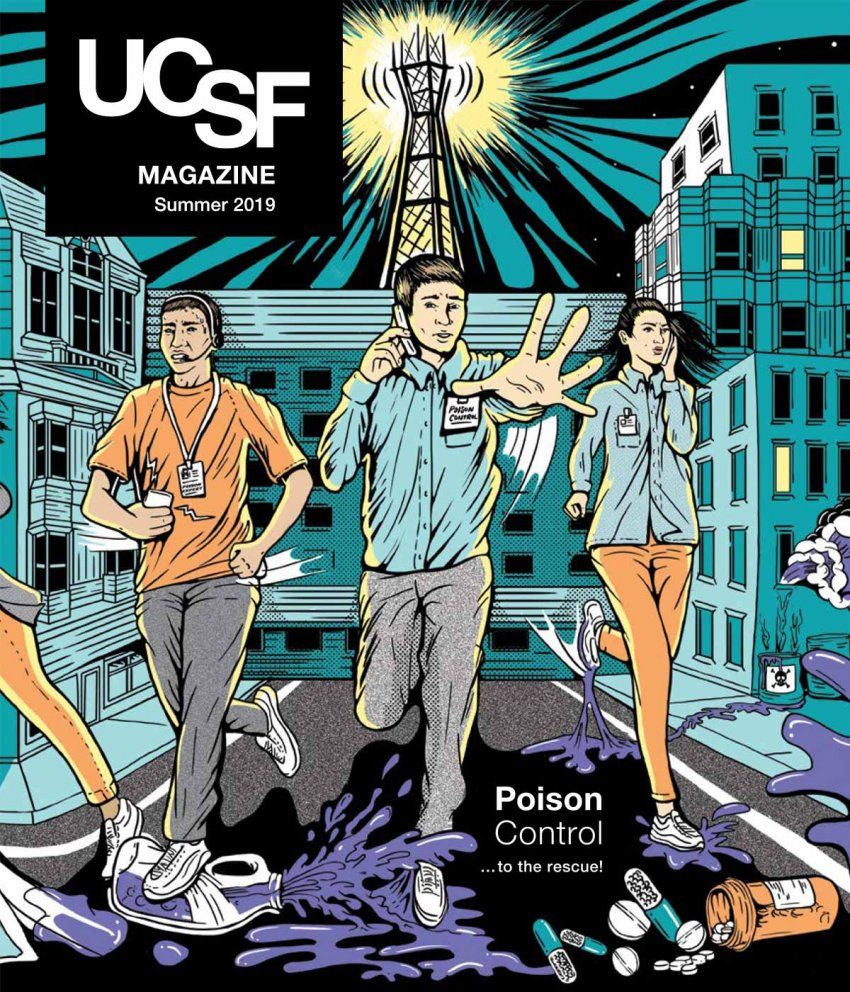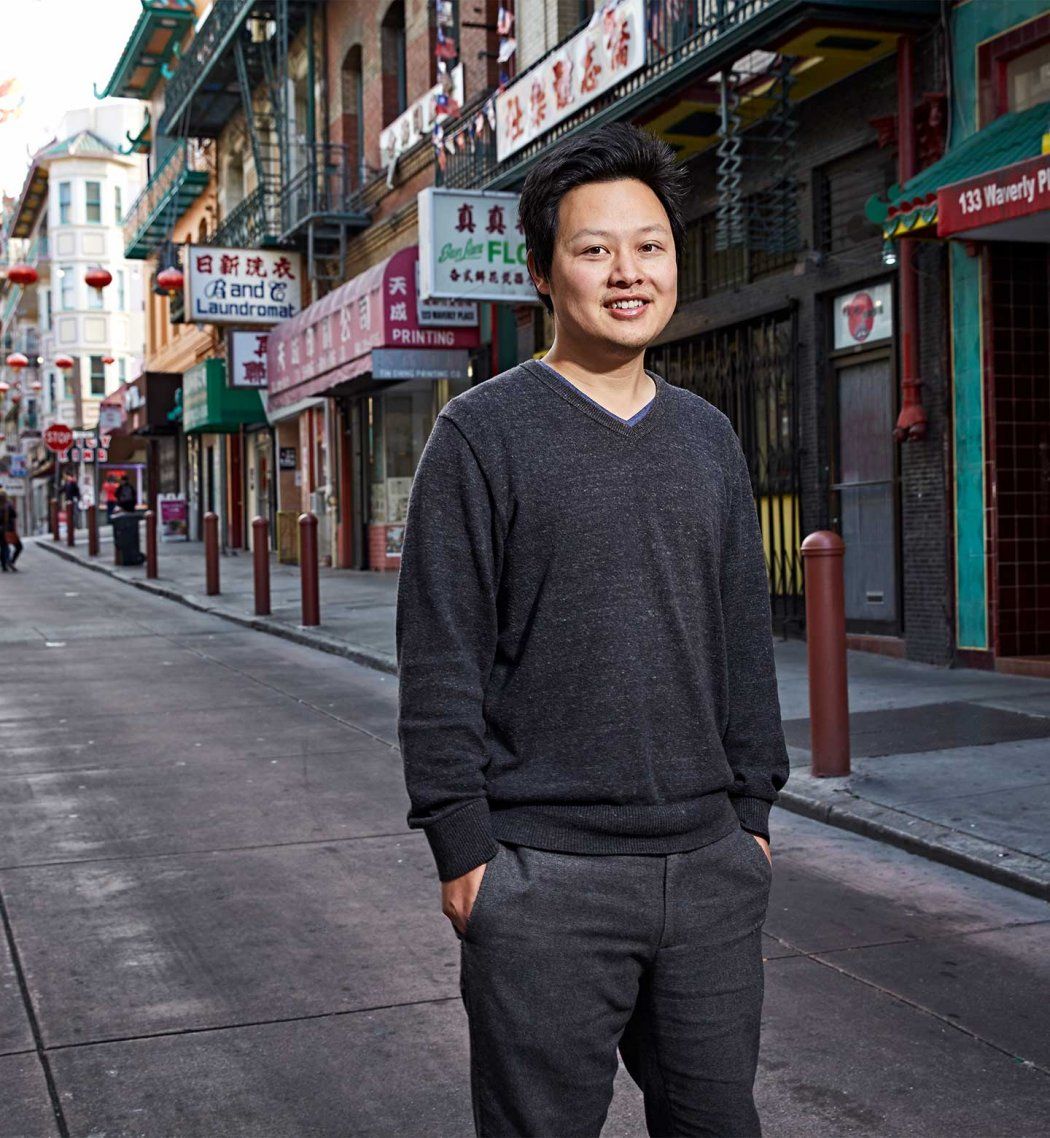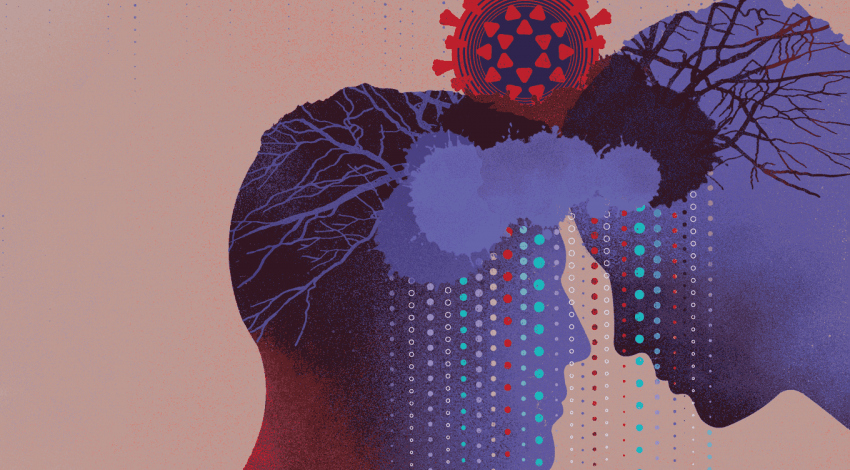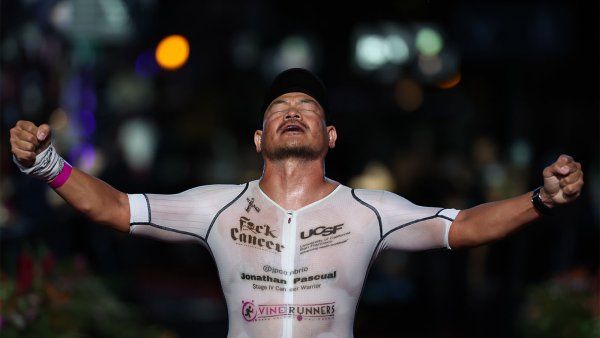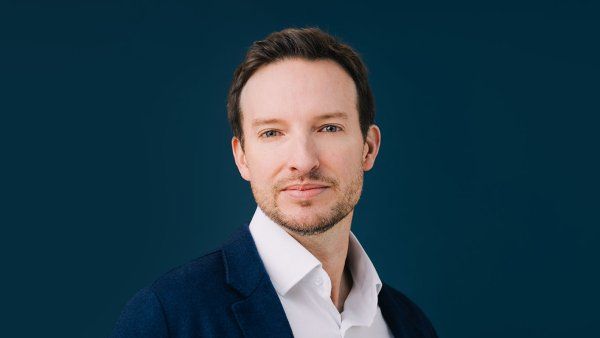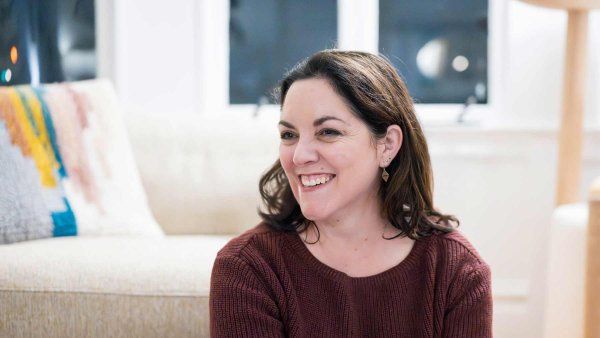
There were strong hints from my very earliest years that I’d become a community psychiatrist. I remember exploring San Francisco, where I grew up, yearning to understand the people and communities around me. Whenever I rode a public bus, for example, I’d wonder about the lives of my fellow passengers.
As I grew into my teens, I became increasingly aware of scores of inequities around me, of the daily suffering and pain experienced by those on the margins of society. It was hard to ignore the city’s sizable homeless population. I began to notice that kids in San Francisco who have barely learned to walk then have to learn to sidestep around human feces on the sidewalk, to stay away from hedges fouled with used syringes and broken glass, to avoid making eye contact with people on the street yelling angrily at no one in particular.
I also started to recognize that the individuals I saw all around the city were each a part of their own community. I come from an immigrant, working-class family, and early on I was able to appreciate my parents’ individual efforts and their dedication to our family. Then, slowly, I began to also recognize that they were part of a larger community that predetermined, and in many ways limited, what we as a family were able to do. It was that awareness of the power of one’s community, for good as well as ill, that drew me to community psychiatry.
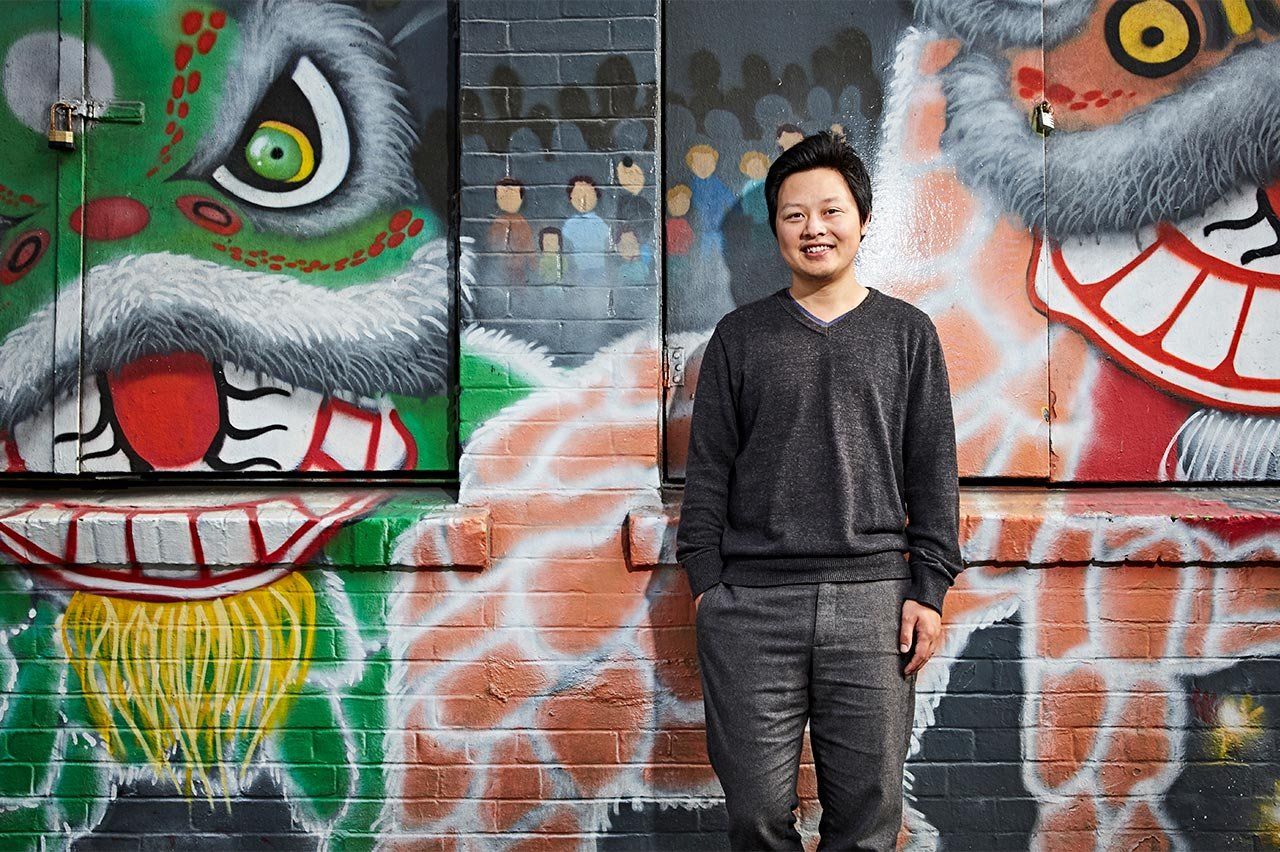
Psychiatrist Richard Feng in Chinatown, where he works at a public health clinic. Photo: Gabriela Hasbun
A community psychiatrist is a rare bird. The field of psychiatry is intensely personal, with the patient-psychiatrist dyad at its core. The symbol of conventional psychiatry’s professional identity is the therapist’s couch – occupied by one patient at a time. In that context, psychiatrists agonize and ruminate over the particular travails of each person before them. Community psychiatrists, by comparison, likewise care deeply about the patients we treat, but we are also willing to shift our focus from the individual to the community and then back to the individual – back and forth, back and forth, just the way an optometrist switches lens during an eye exam. Another difference is that all psychiatrists – indeed, all physicians, no matter their specialty – are trained to inquire about a patient’s social history. But community psychiatrists see this knowledge not as background information, but as an active, dynamic aspect of an individual’s lived experience. To us, in other words, a patient’s social history is almost as important an entity in the context of treatment as is the patient him- or herself.
This worldview now informs my day-to-day work as a community psychiatrist with the San Francisco Department of Public Health. When I see a patient, I see both an individual and that individual’s societal and historical context. For example, when I meet with a 40-year-old woman who is struggling with depression, I see the influences of her family background, of her immigration experience, of her ambivalence about Western health care, of discriminatory government policies, of gender norms, of class dynamics, and of much more – and I try to understand how all those factors interrelate. This is no abstract intellectual exercise. It is my job to take all these strands of this woman’s life into account in trying to help her feel better. Sure, I recommend an antidepressant, but I also speak to her skepticism toward modern medicine, which has been shaped over generations, and I acknowledge the norms and dynamics within which she exists.
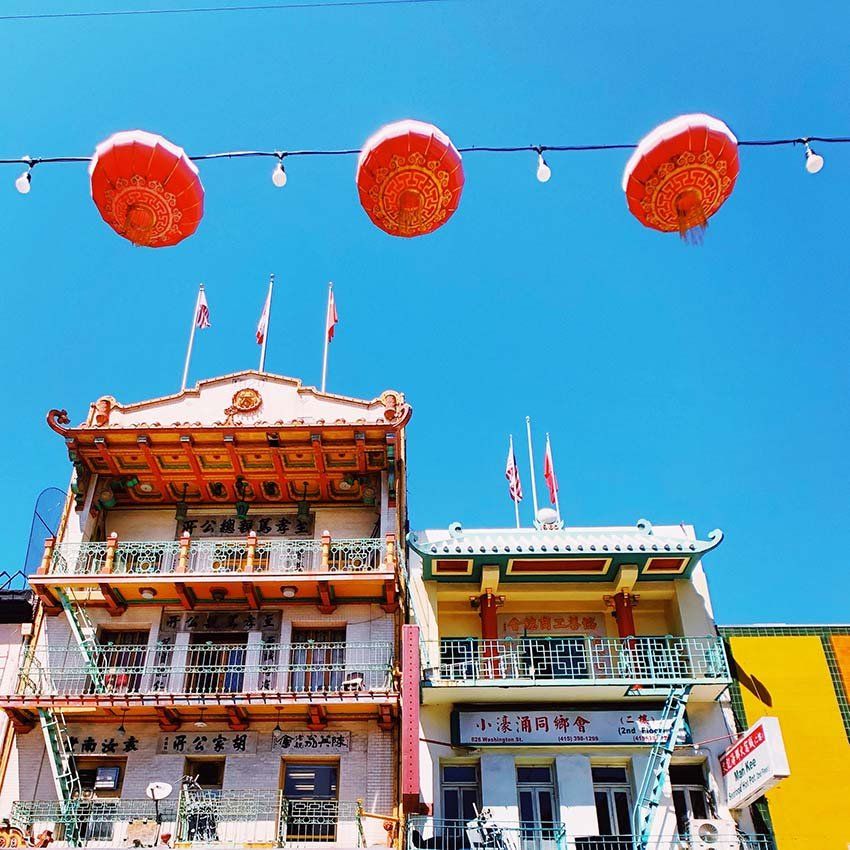
Feng’s upbringing in San Francisco helped shape his worldview as a psychiatrist. Photo: Audrey Feely
In my office, I have multiple chairs – rather than a single couch. I try to have everybody (almost literally!) who has close ties to the patient in the room: family members; friends; a case manager; a therapist; a social worker; maybe even a parole officer, a guardian, an attorney, a housing rights advocate, someone from the clergy. The sense of collaboration generated by this roomful of people is my biggest joy.
Ironically, my biggest frustration stems from the abundance of referral resources we have at our disposal. It’s one thing to know where the closest homeless shelter is, but it’s another to know which shelters accept women and children, which have short waiting lists, at which ones you need to start waiting in line several hours ahead to be assured of a bed – in short, which shelter is most suitable for a particular individual. The trick is to be able to recall exactly the right resource when a patient is sitting in front of you. And the really frustrating thing about having so many different organizations and resources is that while it’s easy enough to refer patients here or there, it’s also all too easy for patients to be shuttled around among well-intentioned individuals who keep shifting the responsibility for follow-through to the next person down the line.
Much of what community psychiatrists do is informed by raw experience, by the nitty-gritty details of actually caring for our patients. Every time one of my colleagues or I help a patient fight an eviction notice, for example, or sign up for an English class, or find a pharmacy in a safe part of town, we become a little savvier, a little more resourceful.
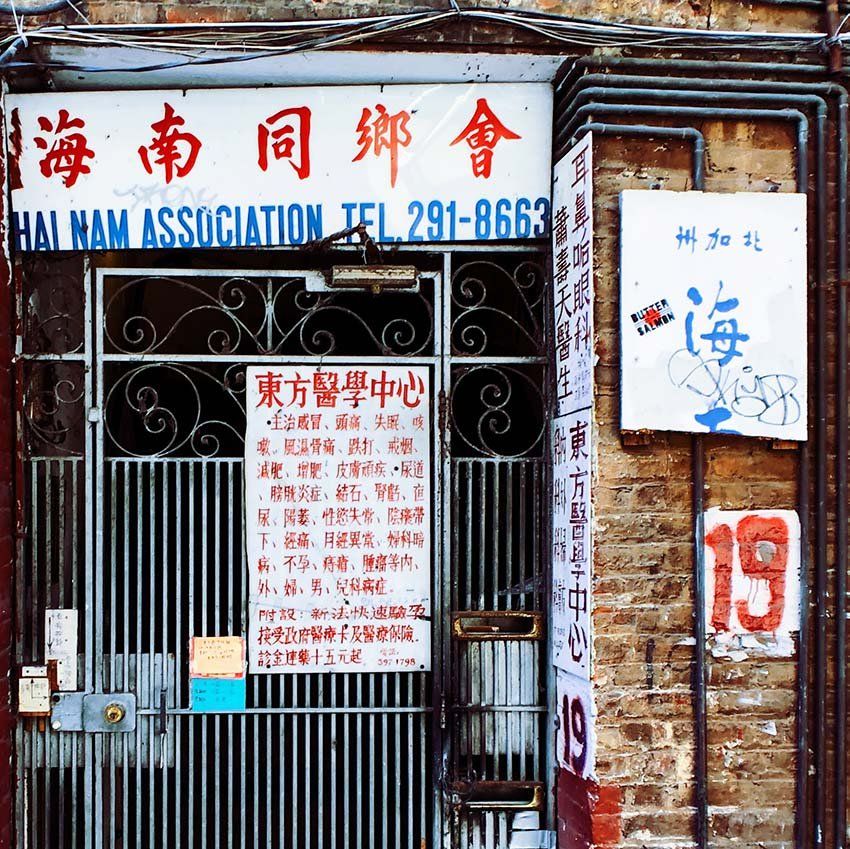
Photo: Audrey Feely
But at the same time, the day-to-day grind of focusing on our patients’ compelling, individual needs has a downside. It can distract us from the big-picture issues that are an enormous factor in community psychiatry. I can spend hours on the phone going back and forth with a hospital in an effort to get one of my patients an inpatient treatment bed, for example. Yet in some ways I’m butting my head against a wall: the reality that there’s a severe shortage of hospital beds for the sickest psychiatric patients. All those hours on the phone, however, leave us no time to pause and think about, much less address, systemic issues like a lack of sufficient inpatient beds.
That’s why I found my time in the UCSF Public Psychiatry Fellowship so affirming – it gave me a chance to get off the treadmill of my clinical training and examine big-picture issues. I’d spent eight years learning how to care for individuals. The fellowship allowed me to appreciate the equally powerful role a physician can play in the community. Although I was still in training, during my fellowship I worked as a staff psychiatrist at a community mental health clinic in Chinatown, gaining valuable firsthand experience. In addition, the public psychiatry residents participate in an intensive weekly seminar. Week by week, we focused on a different aspect of the community mental health system, learning from community leaders at numerous different organizations. We visited the county jail to learn about its mental health services. We rode along with law enforcement officers to learn about the mental health challenges they encounter. We also learned about the impact that legislation, funding sources, and various regulatory agencies have on our patients and our work.
Just as I was on the cusp of truly serving the communities I was longing to help, the fellowship served as a bit of a reality check. Every medical school applicant writes in their admissions essay that they want to “treat the underserved,” but actually doing so isn’t as easy as wanting to. Yes, I can accomplish a lot as an individual community psychiatrist. But my fellowship year made me aware that I still must work within a system, with multiple stakeholders, with countless restrictions and limitations on my clinical best judgment.
At the same time, the fellowship made me aware that there are incredible opportunities for collaboration within this system. Mental health is part of every major social issue of our time: housing affordability, criminal justice reform, economic inequality, you name it. We community psychiatrists have a chance to inject ourselves into discussions on countless consequential matters. That prospect simultaneously daunts me and inspires me on a daily basis.
Today, the feeling I get whenever a new patient walks into my office reminds me of the way I felt as a kid, when somebody boarded a bus on which I was a passenger: I may not quite know what to expect, but I feel curious and open all the same.
Richard Feng, MD, completed his residency in psychiatry and a fellowship in public psychiatry at UCSF. He is also an assistant clinical professor of psychiatry.
